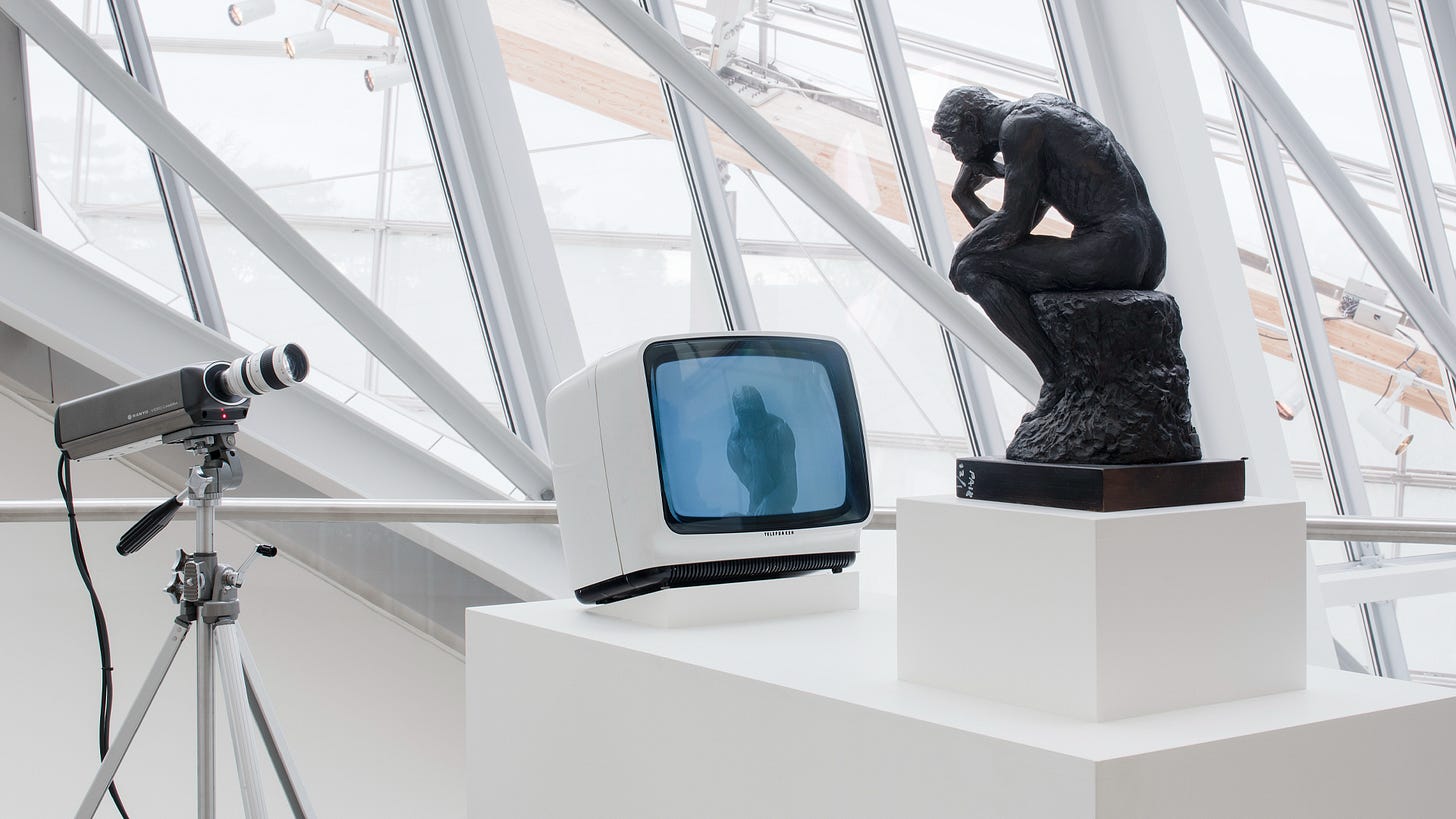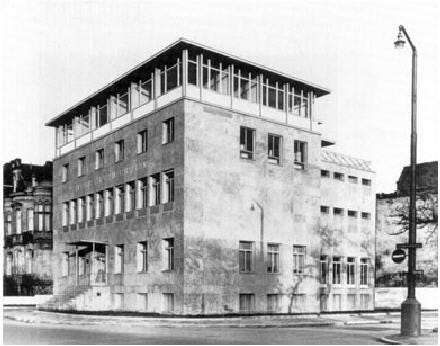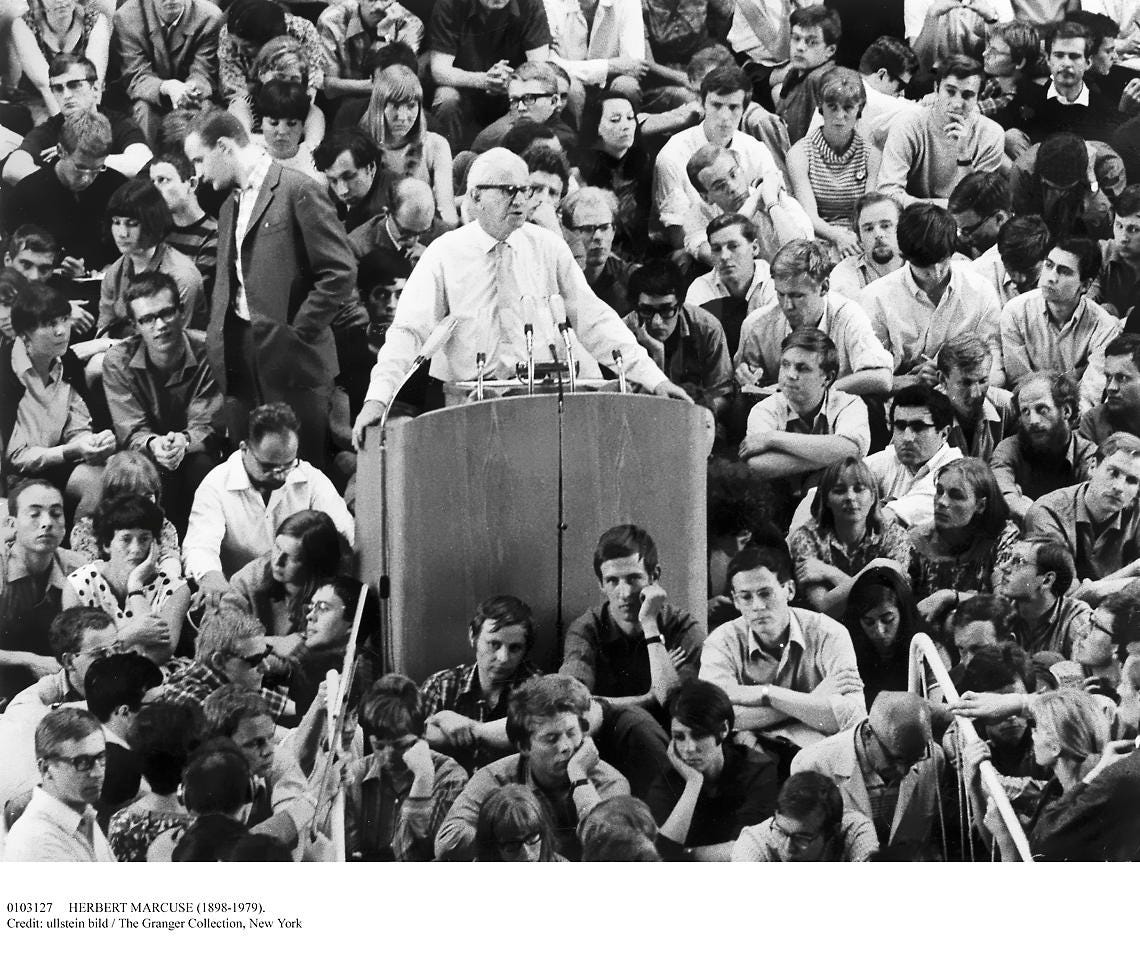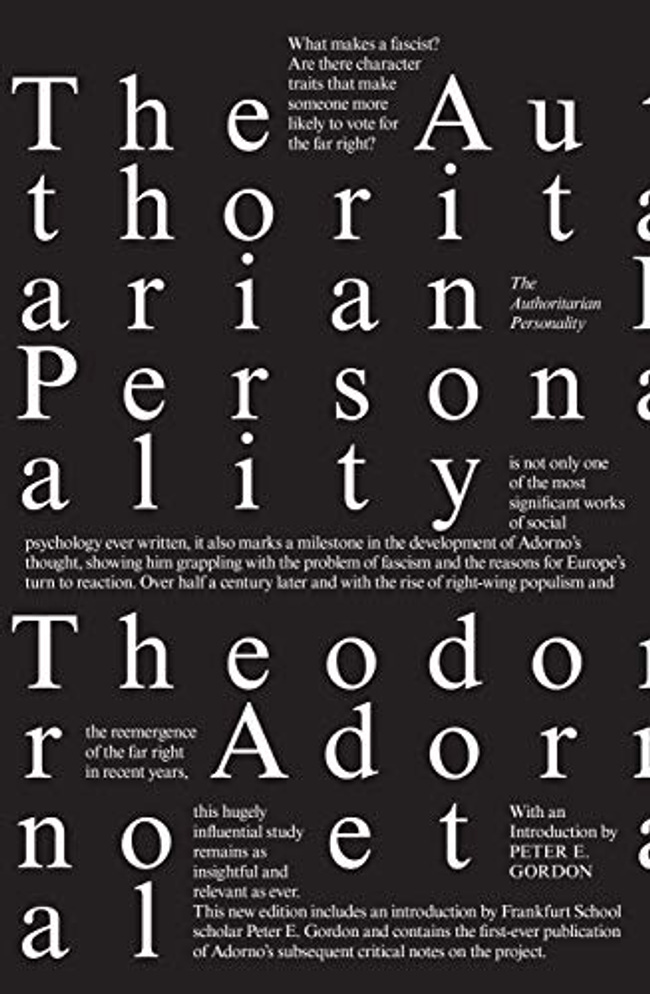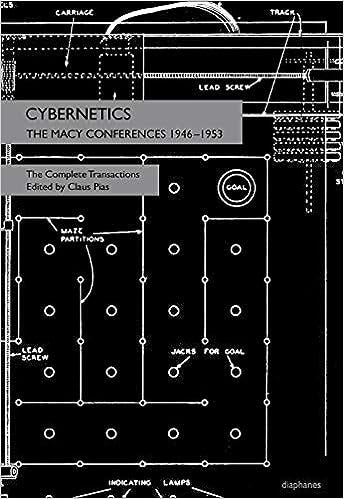It is tempting to see the centralized systems that dominate our lives as the result of countless theories, institutions, and individuals interacting with each other. However, my years at the New School in New York opened my eyes to the fact that there is often a unique and powerful ideological force at work. The far-reaching influence of the Frankfurt School and its intellectual lineage extends from its founder, Felix Weil, to today's counterculture.
In every classroom discussion, whether economic, political or artistic, the inevitable undercurrents of Marxism and critical theory are palpable. If we look closer, we will see that the Frankfurt School not only influenced academia but also left its mark on government and countercultural movements. A prime example is Herbert Marcuse, one of the school's leading thinkers, who worked for the Office of Strategic Services (OSS), the forerunner of the CIA, during World War II.
In this essay, we will delve deeper into these far-reaching impacts by examining the thought-provoking research presented in the documentary “Das Netz – the Unabomber, LSD and the Internet”. Through this lens, we will explore not only the theoretical but also the practical manifestations that have emerged in scientific, technological, and even countercultural movements.
Why should we focus on the Frankfurt School and its significant influence in shaping centralization and social thought? Because understanding this may be the key to unlocking the complex web that surrounds our personal and social lives. From the profound influence of the Frankfurt School on the fields of cybernetics and Theodor Adorno's contributions on the F-scale, this essay promises a comprehensive journey through the streams of thought that have shaped the world.
Section 2: From Classrooms to Intelligence Agencies — The Dual Lives of Herbert Marcuse and Theodor Adorno
Looking at the enormous impact of the Frankfurt School, two figures emerge as figureheads on the American scene: Herbert Marcuse and Theodor Adorno. Ostensibly, these intellectuals were engaged in disseminating critical theory into the academy. Yet their role is more nuanced and expansive than any academic curriculum can reveal.
Herbert Marcuse and the OSS
Herbert Marcuse's role in American intellectual life is truly fascinating. Born in Berlin in 1898, he was more than just a philosopher; he was also an agent of influence. During World War II, Marcuse was recruited into the Office of Strategic Services (OSS), America's wartime intelligence agency and predecessor to the CIA. Working under the command of General William “Wild Bill” Donovan, he contributed to intelligence reports that informed the American war effort against Nazi Germany.
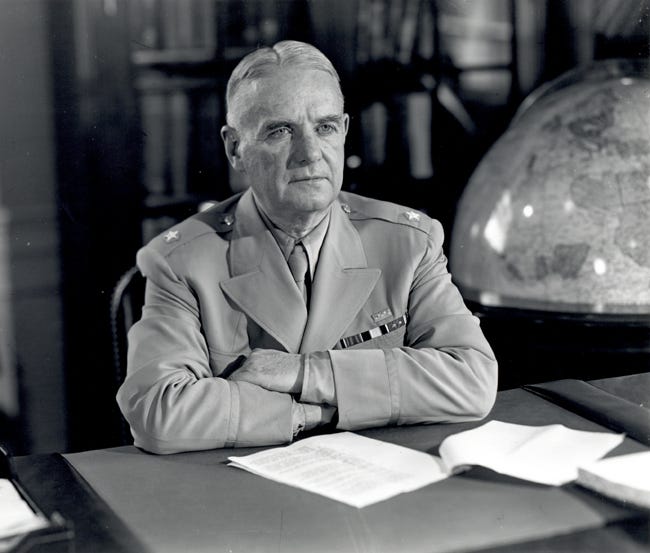
Such career paths raise intriguing questions: How did Marcuse's theoretical background in Marxist beliefs fit into his involvement in US intelligence? Furthermore, did this period influence the development of his later influential works, such as “One-Dimensional Man,” which criticized the impact of industrial society on freedom? Even more profoundly, did his experiences at the OSS contribute to the popularization of Frankfurt School philosophy in the American academic landscape?
Theodor Adorno and the Authoritarian Matrix
In contrast, Theodor Adorno delved into social psychological research. He was instrumental in developing the concept of the "authoritarian matrix" and the F-Scale, tools designed to understand and measure authoritarian tendencies in individuals. These contributions cannot be considered isolated scholarly activities; they are part of a larger project concerned with the dynamics of control and power.
While the OSS and Marcuse focused on international politics and intelligence, Adorno's work can be seen as laying the foundation for what we recognize today as the psychological foundations of control in society. It is worth asking whether the development of the F-Scale and the Authoritarian Matrix was a conscious effort to understand (or even influence) social systems, especially when it was later appropriated by today's social media algorithms.
In short, the lives of Herbert Marcuse and Theodor Adorno give us a panoramic view of the widespread influence of the Frankfurt School, from academia to government agencies to the social structures that guide modern life in a not-so-subtle way. Their divergent paths, although rooted in the same ideological foundation, diverged to shape different aspects of American intellectual life, society, and even government.
Section 3: ‘Das Netz’ and the Implications of Cybernetics
Adorno and Marcuse's nuanced explorations pave the way for us to untangle the complex relationship between cybernetics, technology and social structures, a perspective made clear through the documentary by Lutz Dammbeck, "Das Netz - Unabomber, LSD and the Internet.”
The Cybernetic Evolution
“Das Netz” weaves together myriad themes, revealing the interplay between art and technology and highlighting the rise of counterculture movements in the 1960s. It highlights the symbiotic relationship between early cybernetic thinking and broader intellectual currents, where the significant contributions of Marcuse and Adorno are harmoniously integrated. It traces the development of cybernetics, illustrating its profound impact on the development of technology and its deep connections with the military and academic fields.
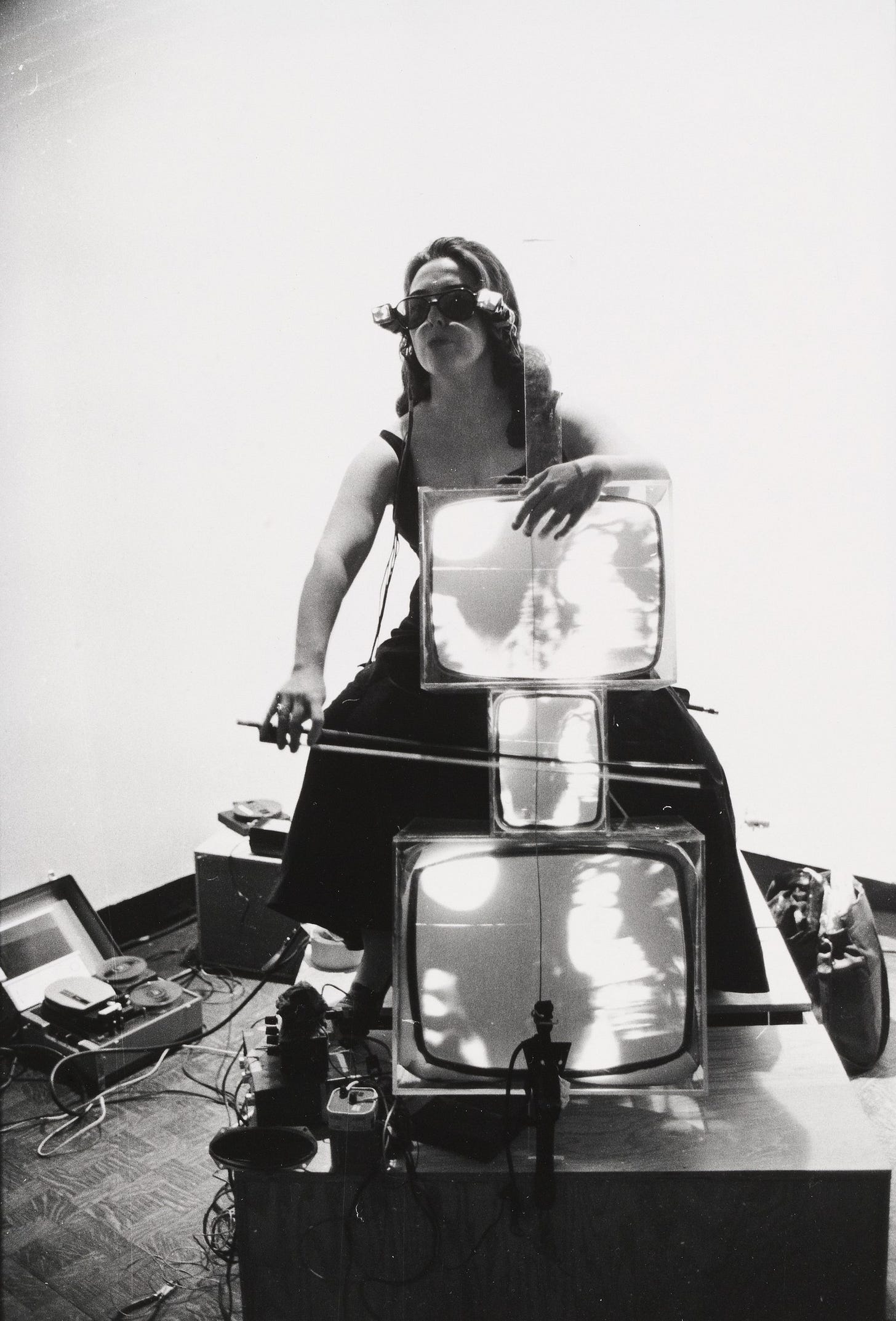
Adorno, Marcuse, and Cybernetics
The documentary reveals cybernetics as a comprehensive worldview that transcends scientific boundaries, extending its ramifications into social control and psychology. Here, Adorno's work on the Totalitarian Matrix and Marcuse's philosophical sojourns during his time at the OSS served as the intellectual branches that fueled the engines of cybernetic theories, each provides insight into human behavior and control mechanisms.
Cybernetics has been defined in a variety of ways, reflecting "the richness of its conceptual base." One of the most well known definitions is that of Wiener who characterised cybernetics as concerned with "control and communication in the animal and the machine." Another early definition is that of the Macy cybernetics conferences, where cybernetics was understood as the study of "circular causal and feedback mechanisms in biological and social systems." Margaret Mead emphasised the role of cybernetics as "a form of cross-disciplinary thought which made it possible for members of many disciplines to communicate with each other easily in a language which all could understand."
Cybernetics: A Vision from the Macy’s Conferences
Before diving deeper into the unexplored areas of cybernetics, it's imperative to look back at the Macy's Cybernetics Conferences. Lasting from 1946 to 1953, these conferences played an important role, forming the foundational character of cybernetics. The participants, a diverse group of scientists, aimed to build a universal science of the human mind, focusing on multidisciplinary approaches to understanding control and communication in living organisms and machines. Discussions at these conferences span diverse academic fields, emphasizing conversations around feedback loops, systems theory, and information flows, thereby contributing to a framework for understand human behavior and social structure.
By juxtaposing Marcuse's dual roles in scholarship and intelligence and Adorno's psychological investigations, a multifaceted panorama of their intellectual and technological products opens before our eyes and the possibility of control is ever more clarified. This invites us to reflect on the ramifications of the enduring influence of the Frankfurt School, a living entity woven into the American intellectual and cultural fabric.
Section 4: The Enduring Influence and Contemporary Relevance
The Legacy of the Frankfurt School:
The fundamental theories and ideological perspectives of the Frankfurt School continue to penetrate many different aspects of society. The combination of critical theory and multifaceted approaches to education has left an indelible mark on the structures, policies, and academic discourse of contemporary society. The multiple legacies of Marcuse and Adorno chart a trajectory of intellectual inquiry that has inspired countless scholars, policymakers, and social critics, sparking conversations and debates about the role the role of power, control and freedom in society.
Frankfurt School and Modern Technology:
The convergence of Frankfurt School ideologies with the burgeoning field of technology and cybernetics provided a crucible where ideologies were contested, negotiated, and reconfigured. The ongoing interaction between theoretical frameworks and technological advances raises profound questions about autonomy, privacy, and control in the digital age. It is imperative to think about how the intellectual foundation provided by the Frankfurt School interacts with modern innovations that shape our perceptions, interactions, and existence in an interconnected world.
Reflections and Concluding Thoughts
Our journey through the ideological landscapes of the Frankfurt School, cybernetics and technological development clarifies, for me at least, the complexities of power and influence embedded in these fields. Intertwining narratives of critical theory, technological superiority, and mechanisms of control illuminate the nuanced ways in which norms, values, and social structures are continually negotiated and recreated.
Vision for the Future:
Faced with constant technological progress and the omnipresence of digitalization, the dialogues initiated by the Frankfurt School become increasingly relevant. The combination of past ideologies and current realities invites us to reimagine the nature of the Internet and envision a future marked by collaboration, individual empowerment, and fair provision. The intertwining of past ideas and contemporary perspectives offers a kaleidoscopic vision of possible futures, challenging us to be vigilant architects of a peaceful one.
Calls to Action
1. Support Our Cause
Rally Behind The Beef Initiative
You have the power to make a difference. Here’s how you can support our mission.
Upgrade Your Dinner: Get a Beef Box
Invest in the Cause: Make a Donation
Stay Informed: Subscribe for Updates
2. Affiliate Links
Claire & Fritz Tallow Shop
Clara and Fritz invite you to be part of a generational movement. Let's regenerate - our skin, our relationships, our collaborations. Dive into the world of skincare with products crafted from beef tallow. It's time to understand regenerative collaboration. Begin your journey with Clara and Fritz. Let's regenerate together. Our newsletter subscribers get 10% off!
3. Become an Affiliate
Unlock Earnings with Our Affiliate Program
Become part of our movement and earn commissions on the sales you refer. Click below for details.
Learn & Earn: Affiliate Program Information
4. The Beef Initiative Association Council
Join the Beef Initiative Association Council
Our Commitment
At TBIAC, our mission is to deliver unparalleled data-driven insights to micro-processing facilities, both in Texas and nationwide. Guided by unwavering integrity, we rely on verifiable results as we collaborate to nourish local communities sustainably. Your partnership is our strength—let's build a better future from the inside out
5. Get Involved
Play Your Part—Volunteer Today!
Time and expertise are gifts. Offer yours to a cause that matters.
Open Position: Experienced in graphic design or storytelling? We'd love to hear from you.
Connect: Reach out to us at info@beefinitiative.com to get started.






